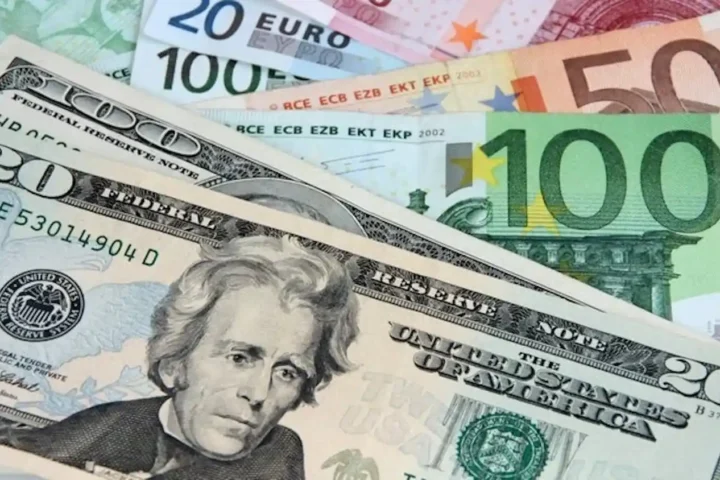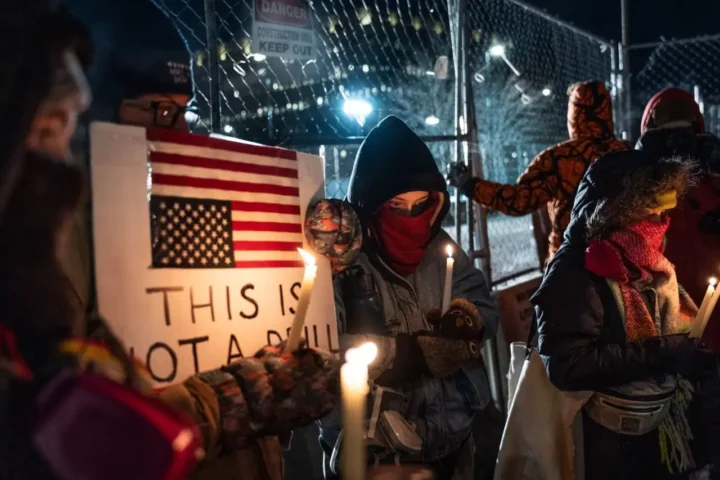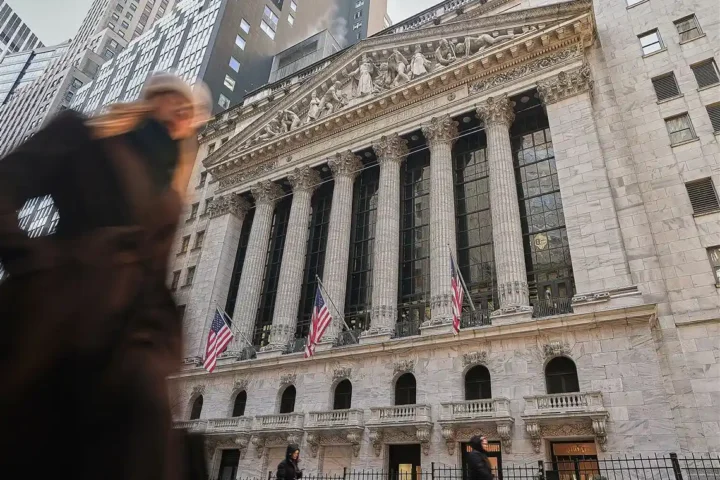Maria Corina Machado’s receipt of the 2025 Nobel Peace Prize marks a watershed moment not only in Venezuelan history but also in the international struggle to safeguard democracy against authoritarian backsliding. This accolade, rarely given to a political figure forced to live in hiding, crystallizes the relentless courage and leadership Machado has displayed for over two decades.
The Nobel Committee’s press release frames Machado as “one of the most extraordinary examples of civilian courage in Latin America in recent times,” emphasizing that her leadership unifies a Venezuelan opposition once riven by infighting. Her rise—first as an elected member of the National Assembly, and later as head of the opposition Vente Venezuela party—was built on unwavering advocacy for free elections and democratic rights. Expelled from office and systematically targeted by Nicolás Maduro’s regime, Machado has faced prosecution, exile threats, and intimidation, yet remains inside Venezuela, a decision which has inspired millions living under deepening repression.
The Venezuelan Crisis and Machado’s Role
Under Maduro, Venezuela has transformed from a once relatively prosperous democracy into what many observers describe as a “brutal, authoritarian state,” with widespread poverty, judicial persecution of dissidents, and one of the largest refugee crises in history—nearly eight million have fled. Within this bleak landscape, Machado has led the fight for electoral transparency, documenting abuses and supporting opposition candidate Edmundo González in the disputed 2024 presidential elections, even after being barred from running herself. The fact that she continues to organize, even while in hiding, attests to her remarkable resilience and strategic acumen.
A striking new element in Machado’s journey—and one that is sure to spark debate—is her openly acknowledged alliance with President Trump and U.S. policy. In interviews, Machado has called on Trump and Western democracies for support, praising the U.S. for applying direct pressure on Maduro’s regime, including military deployments and diplomatic isolation. Her Nobel acceptance message dedicated the prize not just to Venezuela’s suffering people, but also to Trump “for his decisive support of our cause”. This embrace of U.S. intervention transcends typical Latin American political rhetoric and underscores how grave Venezuela’s crisis has become.
Some critics may argue that such dependency risks perpetuating neocolonial patterns or undermining Latin American sovereignty. Yet for many Venezuelans and outside observers, the desperate situation leaves few alternatives. Machado, acutely aware of this dilemma, has consistently positioned democratic internationalism—not just U.S. action—as vital for countering Maduro’s authoritarian grip.
Impact on Venezuelan Politics
The Nobel Peace Prize’s global spotlight complicates Maduro’s calculus. While the regime can ignore foreign censure, the prize legitimizes the opposition, emboldens civil society, and could catalyze renewed international pressure for change. Machado’s continued residence in Venezuela, despite severe personal risk, gives hope to civil resistance, and her movement’s ongoing documentation of election irregularities signals a long-term strategy of nonviolent advocacy.
Machado herself sees the prize as a shield and a megaphone for Venezuela’s democratic fight: “This is certainly the biggest recognition to our people … [the prize] gives me protection, but more importantly, it highlights worldwide the importance of our struggle”. In effect, she has become the continent’s emblem of democratic perseverance.
As a woman leading the fight against Latin America’s most entrenched dictatorship, Machado’s importance transcends the immediate crisis. Her background—rooted in a prominent family, educated in engineering, and dedicated to civil society work—contrasts sharply with the socialist populism of Chávez and Maduro. Machado’s story complicates narratives about class and gender in Latin American politics; rather than representing traditional elite interests, she frames her struggle as democratic and inclusive, championing initiatives like the Atenea Foundation for street children and election monitoring groups.
Her ability to bridge generational divides, unite disparate opposition parties, and elevate marginalized voices makes her Nobel win not only a personal triumph but also a harbinger of broad-based democratic renewal.
Whether the Nobel can fundamentally alter Venezuela’s political trajectory remains uncertain. The regime’s control over security forces, courts, and media remains almost total. However, Machado’s international validation increases her leverage with Western governments and could facilitate new rounds of sanctions or negotiations. For Venezuela’s battered opposition, the message is clear: democratic resistance resonates far beyond national borders, and their sacrifices are seen and honored.
Final Reflection
Maria Corina Machado’s Nobel Peace Prize win is not a mere individual honor—it is recognition for a national movement risking everything to reclaim peace, justice, and freedom. To paraphrase her, it is a “tremendous acknowledgment of the struggle of all Venezuelans” and a rallying call for global solidarity in perilous times. As democracy faces decline globally and authoritarianism finds new ways to endure, Machado’s story shows the enduring power of civic courage, international alliance, and the hope that, even under the shadow of dictatorship, the flame of freedom can burn bright enough to gain the world’s attention.











